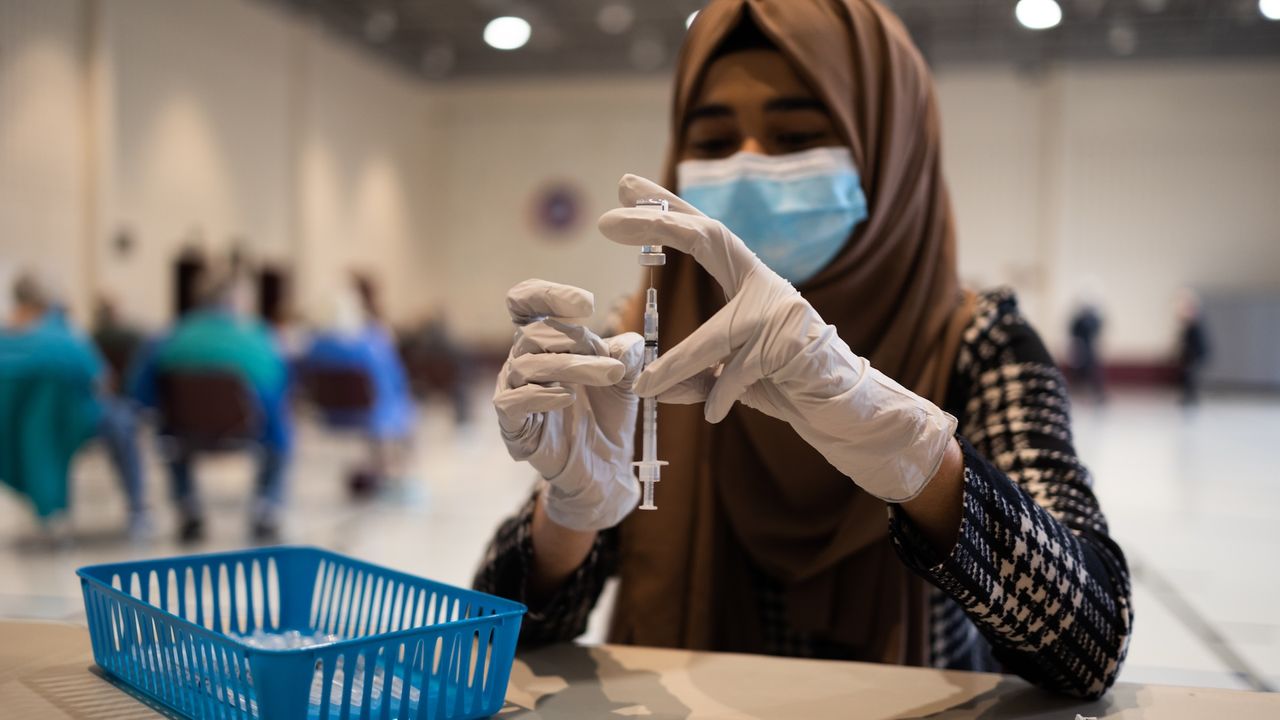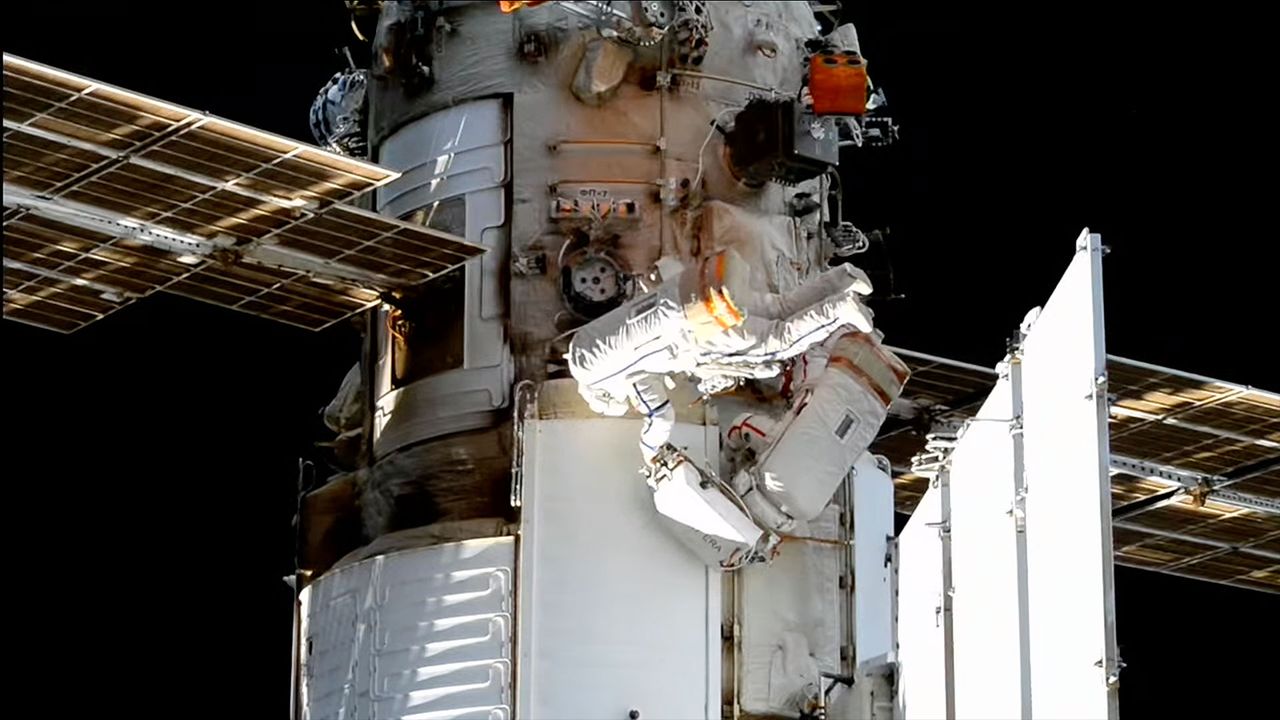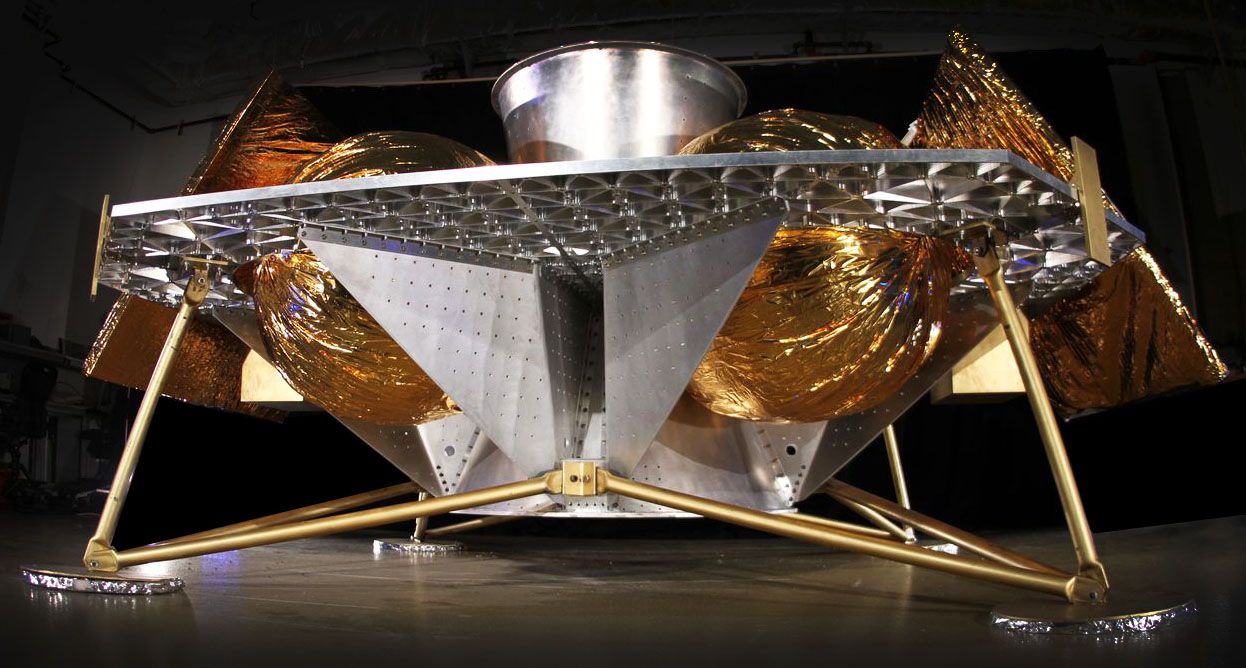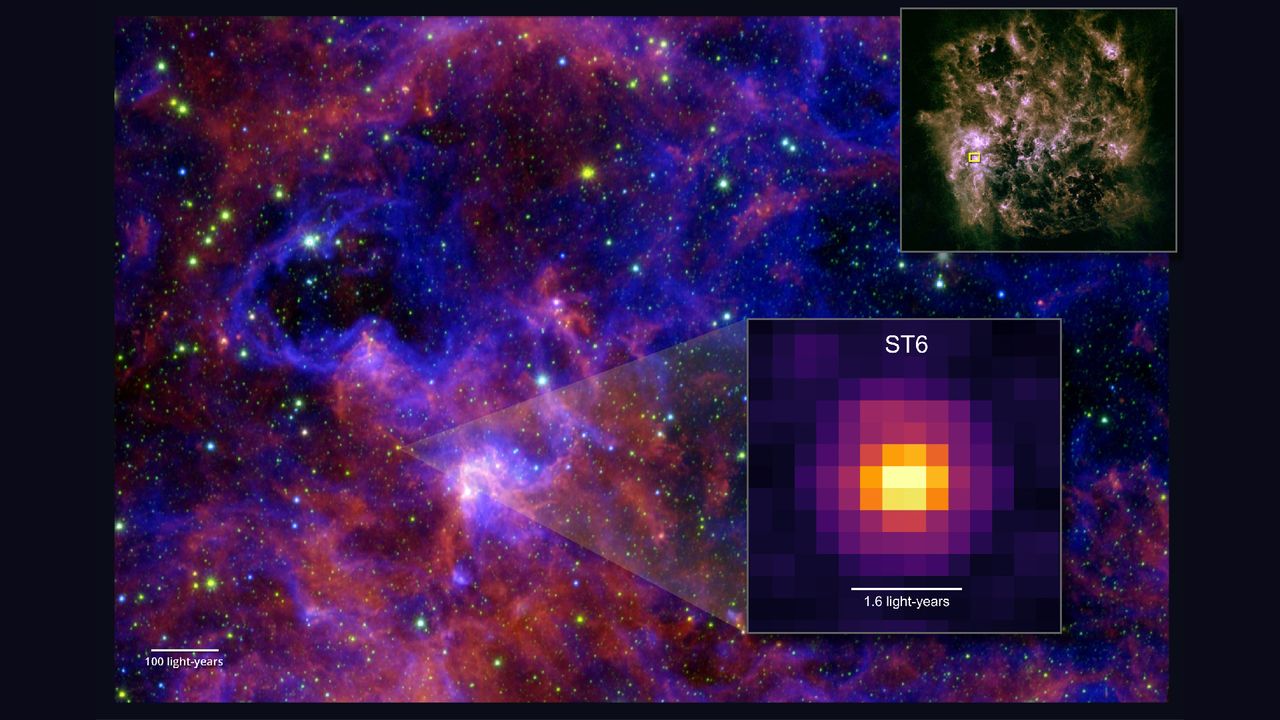Future pandemics are a 'certainty' — and we must be better prepared to distribute vaccines equitably, says Dr. Seth Berkley
PositiveScience

Dr. Seth Berkley emphasizes the inevitability of future pandemics and the urgent need for equitable vaccine distribution. His insights, highlighted in the book 'Fair Doses', shed light on the proactive measures taken even before COVID-19 was officially declared a pandemic. This conversation is crucial as it underscores the importance of ensuring that low-income countries are not left behind in the fight against infectious diseases, promoting global health equity.
— Curated by the World Pulse Now AI Editorial System






